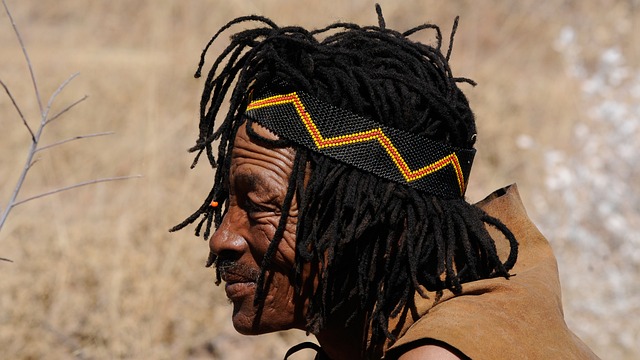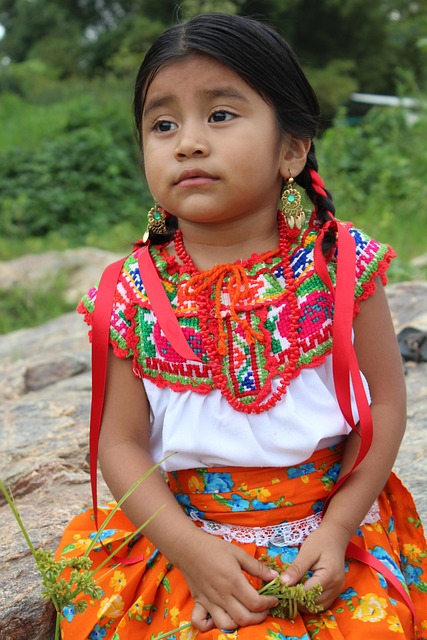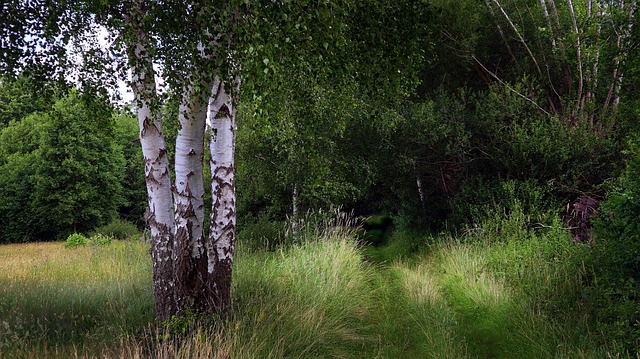Lane County, Oregon boasts a vibrant tribal history where indigenous communities possess profound traditional ecological knowledge (TEK), passed down through generations. These practices emphasize sustainable coexistence with nature, evident in their management of local resources and respect for the environment. Today, this historical connection informs conservation efforts and cultural preservation initiatives, highlighting the enduring impact of tribal history on Oregon's natural landscape. Through revitalizing traditional practices, collaborating with elders, and hosting educational events, Lane County celebrates and preserves its indigenous heritage while fostering a deeper connection between residents and the land.
In Lane County, Oregon, rich Indigenous roots intertwine with the landscape, woven into the very fabric of its historical tapestry. This article delves into the fascinating world of tribal plant and animal knowledge, exploring the profound connection between Native communities and their environment. From ancient stewardship practices to modern preservation efforts, we uncover how Oregon’s tribes have shaped the region’s ecological identity and continue to safeguard their cultural heritage. Discover the enduring legacy of Lane County’s Indigenous knowledge systems, steeped in generations of traditional wisdom.
- Historical Connection: Exploring Lane County's Indigenous Roots
- Tribal Plant Knowledge: A Living Legacy
- Animal Spirit Guides and Their Significance in Oregon Tribal Culture
- Environmental Stewardship: How Native Peoples Shaped the Landscape
- Preserving Cultural Heritage: Modern Efforts to Honor Ancient Wisdom
Historical Connection: Exploring Lane County's Indigenous Roots

Lane County, Oregon, boasts a rich tribal history intertwined with its natural landscape. The indigenous peoples who have called this region home for millennia possess profound knowledge of the local flora and fauna, which has been passed down through generations. This ancient connection to the land forms a vital part of their cultural heritage and identity.
The tribes that once inhabited Lane County had a deep understanding of the ecological balance, utilizing sustainable practices to harvest plants and hunt animals while ensuring the environment’s well-being. Their traditional knowledge includes identifying edible and medicinal plants, tracking game, and respecting the natural rhythms of the ecosystem. This historical connection between Native Americans and their territory continues to shape conservation efforts and cultural preservation initiatives in modern Oregon.
Tribal Plant Knowledge: A Living Legacy

Lane County, Oregon, is home to a rich and diverse tribal history, where indigenous communities have long held deep knowledge of the local plant life. This traditional ecological knowledge (TEK) is not just a historical artifact but a living legacy that continues to shape contemporary environmental practices. The tribes’ understanding of plants has allowed them to sustain themselves for centuries, utilizing various species for food, medicine, and cultural purposes.
The indigenous peoples of this region have named every plant and animal, imbuing them with spiritual significance. Their knowledge is passed down through generations, preserved in stories, songs, and ceremonies. Today, this traditional wisdom is being revived and shared, fostering a deeper connection between communities and the natural world. It serves as a powerful tool for environmental stewardship, offering sustainable practices and a holistic view of ecological balance that resonates with both tribal members and non-indigenous residents alike.
Animal Spirit Guides and Their Significance in Oregon Tribal Culture

In the rich tribal history of Oregon, animal spirit guides hold a deep and sacred place, reflecting the intricate connection between indigenous communities and their environment. These spiritual symbols represent the interconnectedness of all living beings and serve as powerful guides in Oregon’s tribal culture. Each animal is believed to possess unique qualities, knowledge, and wisdom that can be invoked for guidance, healing, and understanding. For instance, the raven might be called upon for its intelligence and ability to navigate between worlds, while the salmon represents resilience and sustenance, guiding communities through times of scarcity.
The significance of these animal spirit guides is woven into daily life, ceremonies, and storytelling traditions. Tribal members often seek connection with their chosen guide during significant life transitions or when facing challenging decisions. This ancient practice not only provides spiritual direction but also fosters a profound respect for the natural world, ensuring that Oregon’s tribal communities maintain their deep-rooted ties to the land and its creatures in their ongoing journey through history.
Environmental Stewardship: How Native Peoples Shaped the Landscape

Native Peoples in Lane County, Oregon, have a rich tribal history intertwined with the land they’ve meticulously shaped through sustainable practices and environmental stewardship. For centuries, tribes like the Willamette, Kalapuya, and Yaquina have managed the region’s ecosystems, ensuring the balance between human needs and the health of the environment.
Their knowledge of local flora and fauna is a testament to their deep connection with nature. They utilized plants for medicine, food, and fiber while implementing hunting and gathering practices that respected the land and its creatures. This holistic approach to resource management has left a lasting impact on the region’s biodiversity, providing valuable lessons in sustainable living and environmental conservation for modern societies.
Preserving Cultural Heritage: Modern Efforts to Honor Ancient Wisdom

In Lane County, Oregon, efforts to preserve and honor the rich tribal history and cultural heritage are gaining momentum. Indigenous communities have long held deep knowledge of local plant and animal ecosystems, passed down through generations as part of their ancient wisdom. Today, these traditional ecological practices are being revitalized and shared with the wider community, offering a unique perspective on sustainable coexistence with nature.
Modern initiatives focus on collaborating with tribal elders and knowledge holders to document and share this valuable heritage. Educational programs, cultural events, and community gardens are some of the ways local organizations and schools are engaging in these efforts. By preserving and promoting traditional ecological knowledge, Lane County is not only honoring its indigenous past but also fostering a deeper connection between contemporary residents and the land, ensuring that ancient wisdom remains relevant and valued in today’s world.






